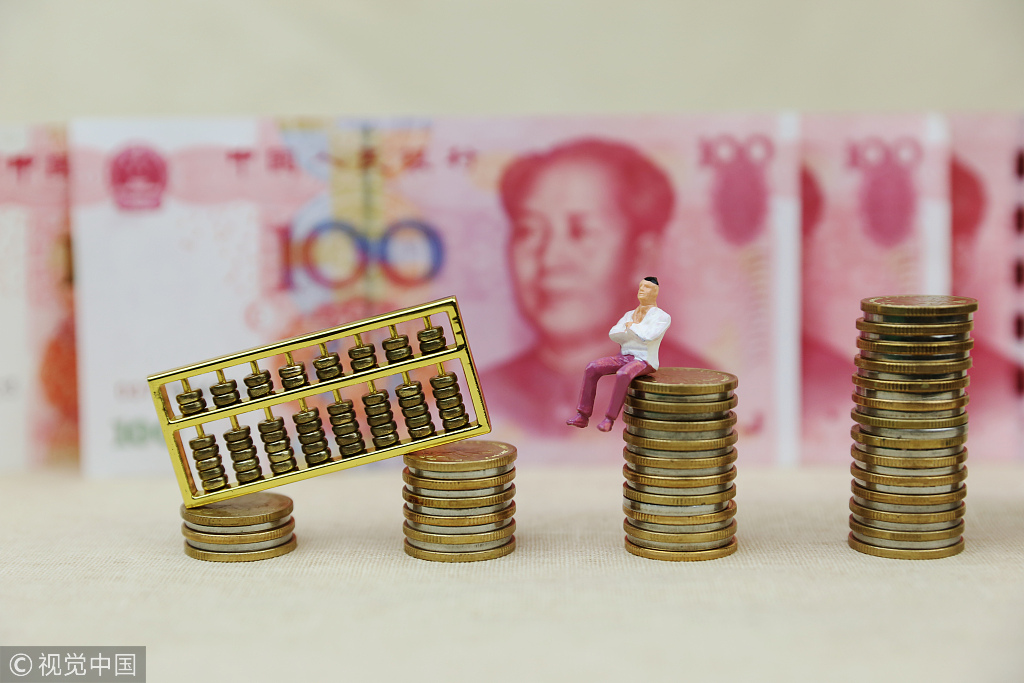Online health fund-raisers need scrutiny


Shuidichou is a widely used smartphone app bridging patients and charitable people or organizations. However, it has of late come to the fore that the facility employs "professional agents" who help patients get donations but take 50-70 percent of the donations as a "reward".
On Aug 21, Shuidichou announced that the "agents" come from third-party commercial organizations while the platform itself does not collect more than 3.6 percent of the aid. They also promised to regulate their operations and step up risk control.
The case highlights the necessity to strengthen supervision of platforms raising money for health issues. Such apps are popular as many critical patients use them to receive financial aid by sharing details of their health problems.
It might even be a good business model for some agencies to help patients raise some money while they take a small percentage from it. However, when the percentage the agencies charge is too high and there are too many such agencies, it can't be called charity any more.
After all, charity means helping those who are in need, and not those who are eyeing profits.
Worse, how many donors will want to help when they realize that 50 to 70 percent of the money they donate is going to an agent, and not the patient? It will surely discourage them from lending a helping hand. Who suffers in all this? The patient who is badly in need of financial aid, of course.
The platforms cannot just shrug off responsibility by saying it is the third-party agents who take the lion's share of the donations. Like all platforms, these fund-raising platforms are responsible for monitoring the money-raising activities on their platform. By failing to do so they are failing to honor their responsibility.
The illegal agents and their illicit activities have cast a huge shadow on Shuidichou and other such platforms. It is time the platform took measures to ensure this does not recur.


































